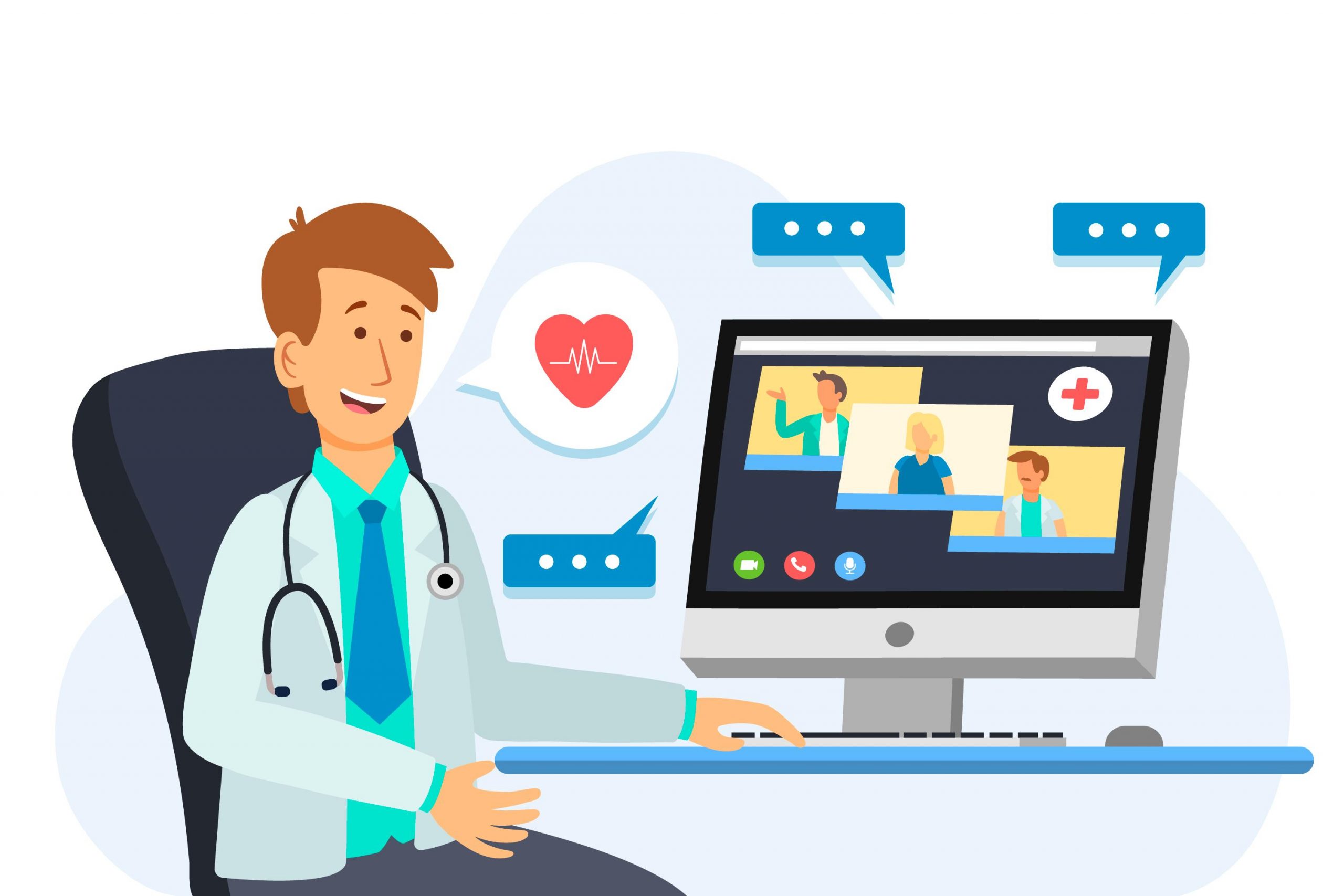The world of healthcare is constantly evolving, and with each passing year, new technologies are introduced that redefine the way we approach patient care. From wearable devices that monitor vital signs in real-time to telemedicine services that connect patients with doctors remotely, these innovations are transforming the healthcare industry in unprecedented ways. As we look to the future, it’s clear that virtual healthcare will play a critical role in how we deliver and receive medical treatment, paving the way for a more efficient, accessible, and patient-centric healthcare system.
What are Telemedicine and Virtual Healthcare?
Telemedicine and virtual healthcare are two peas in a pod when it comes to providing healthcare services at a distance using technology. Telemedicine involves using telecommunication and information technologies to provide clinical health care from a distance, while virtual healthcare encompasses a wider range of digital healthcare services, including telemedicine.
Virtual healthcare services can include anything from health apps that help monitor symptoms to digital consultations with healthcare providers. These technologies are available 24/7 and can be accessed from anywhere, making healthcare more convenient and accessible for patients.
Both telemedicine and virtual healthcare are changing the healthcare game by offering patients a hassle-free way to access medical care without leaving their homes. This can be especially beneficial for individuals living in remote or rural areas, or those with mobility issues. Plus, virtual healthcare can save patients time and money by reducing travel time and eliminating the need for in-person visits.
The Impact of Telemedicine on Virtual Healthcare
Telemedicine has had a significant impact on the healthcare industry, bringing about various benefits that have transformed the way healthcare is delivered. Some of the benefits include:
- Improved access to healthcare:
- Reduced healthcare costs:
- Convenience:
- Increased patient engagement:
- Improved patient satisfaction:
- Better resource utilization:
- Increased provider efficiency:
- Improved collaboration:
- Better public health:
Telemedicine has enabled people in remote areas and those with mobility issues to access healthcare services easily.
Telemedicine has significantly reduced the cost of healthcare, especially for those who require frequent medical attention.
Patients can receive medical care from the comfort of their homes, eliminating the need to travel to a hospital or clinic.
Improved patient outcomes: Telemedicine has been shown to improve patient outcomes by providing timely access to medical care.
Telemedicine provides patients with greater control over their healthcare, leading to increased engagement and better health outcomes.
Patients are more satisfied with the convenience and accessibility of telemedicine services, leading to better patient experiences.
Telemedicine has led to better resource utilization in the healthcare system, allowing providers to see more patients and reduce wait times.
Telemedicine has enabled providers to deliver care more efficiently, reducing the administrative burden and allowing them to see more patients.
Telemedicine has facilitated greater collaboration between healthcare providers, enabling them to share information and work together more effectively.
Telemedicine has the potential to improve public health by enabling early detection and management of diseases, reducing the spread of infections, and promoting healthy behaviors.
Conclusion
As the healthcare industry continues to evolve, virtual healthcare is emerging as a transformative force, making it easier than ever before for patients to access medical care. At Medulance, we are proud to be at the forefront of this trend, providing patients with a user-friendly platform that connects them with healthcare professionals in a virtual setting.
Our innovative approach to telemedicine is revolutionizing the way patients receive medical care, improving access to healthcare, and reducing the burden of in-person visits. We believe that virtual healthcare is the future of medicine, and we are committed to advancing this technology to provide the highest level of care to patients.

